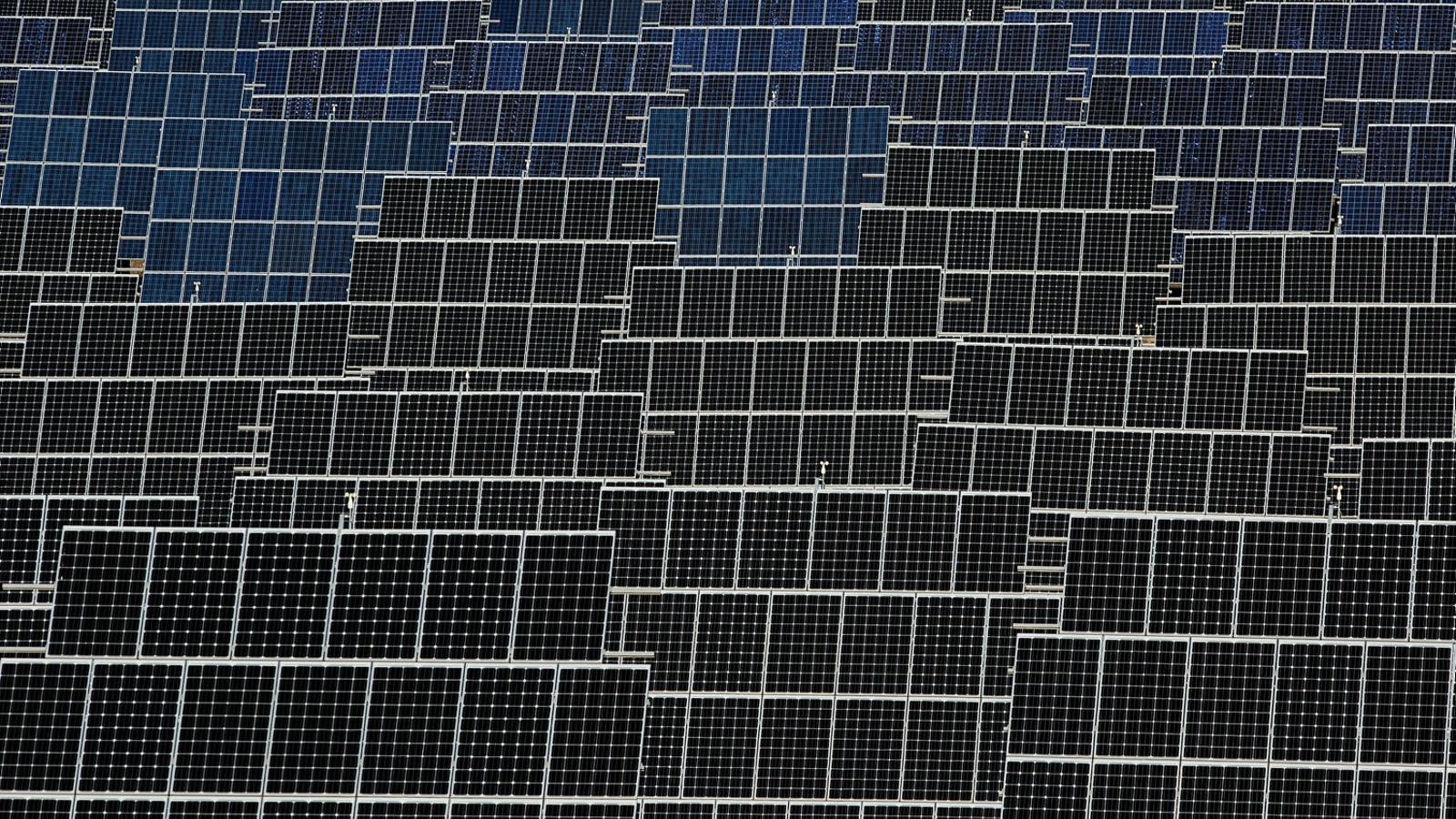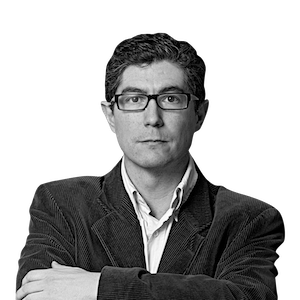Sun and soil


As an economist, I find what's happening in Aragon impressive. An arid land with few natural resources, unpopulated, and far from major decision-making centers, has received more investment than its entire GDP in just three months. We're talking €44 billion in one quarter. And this, after the €40 billion of the previous year. This isn't a miscalculation: Aragon has received investments worth twice its gross domestic product in just fifteen months.
Not all of that money has stayed, it's true. Many of the companies executing the projects are from abroad and are outsourcing them. But the change has remained. Because capital drives decisions, jobs, technology, infrastructure. And it does so too much when it finds three things: space, stability, and vision.
Aragon doesn't have many natural resources, it's not a major capital, it doesn't thrive on tourism, and, except for the Aragonese Pyrenees, it's barren and dry.
Its land is suitable for photovoltaic plants, and the land has been used for logistics centers and production plants, such as the incredible battery factory currently under construction.
Sun and soil.
While others look to the heavens for miracles, Aragon has looked to its soil: dry, yes, but available. And it has offered the world clear conditions, administrative agility, and a strategy that has hit the mark.
This is a lesson. You don't need to have everything to achieve great things. Sometimes it's enough to understand what you have, value it, and know who to tell it to. In a country still plagued by centralist inertia and nostalgic views of the past, Aragón reminds us that the future is written with intelligence rather than inheritance.
Developing a territory isn't a matter of luck, or even talent. It's a matter of intention. Of providing incentives, building trust, and acting quickly. Of not lamenting what's missing, but activating what's there.
Often, in my lectures and courses for executives, I emphasize the so-called resource paradox. It consists of not using your shortcomings as an impediment, but as the basis for ideas, the main source of inspiration. Instead of saying, "I lack this and that, so I can't do it," I say, "How can I do it with the little I have?" And this explains why great achievements in history have emerged from ideas derived from great shortcomings.
